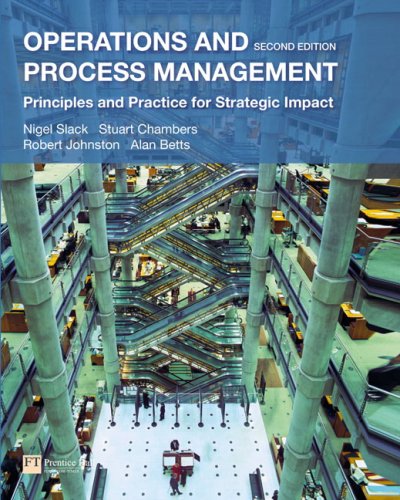2. If you were the accident investigator, what questions would you want to ask in order to...
Question:
2. If you were the accident investigator, what questions would you want to ask in order to understand why this failure occurred? For over half an hour, the pilot of an Airbus A320 jet with nearly 200 people on board fought to control his aircraft, which did not seem to be responding to the controls. The aircraft would not turn left no matter what the pilot tried. Eventually, he managed to make a high-speed emergency landing at the second attempt. Fortunately, no one was hurt, but the pilot was not pleased to find out that the cause of the near-disaster was that engineers had forgotten to reactivate four of the five spoilers on the right wing. Spoilers are the panels that help the plane to roll and hence turn.
The official air accident investigation report on the incident blamed ‘a complex chain of human errors’, not only by the engineers but also by the pilots who had failed to notice the problem before take-off. The A320 is a ‘fly-by-wire’ aircraft where computer-controlled electrical impulses activate the hydraulically powered spoilers and surfaces that control the movement of the plane. When the aircraft went for repair to a damaged flap, the engineers had put the spoilers into ‘maintenance mode’ to block them off from the controls so that they could be worked on independently. They had then forgotten to reactivate them when the plane was needed urgently to replace another aircraft. According to the official report, the engineers were guilty of:
‘Simple acts of neglect or ignorance. Their approach implied that they believed there were benefits to the organization if they could successfully circumvent problems to deliver the aircraft on time. With the introduction of aircraft such as the A320 it is no longer possible for maintenance staff to have enough information about the aircraft and its systems to understand adequately the consequences of any deviation. The avoidance of future unnecessary accidents with high-technology aircraft depends on an attitude of total compliance within the industry. If a check has previously been carried out numerous times without any fault being present, it is human nature to anticipate no fault when next the check is carried out’.
Step by Step Answer:

Operations And Process Management Principles And Practice For Strategic Impact
ISBN: 9780273718512
2nd Edition
Authors: Nigel Slack , Stuart Chambers , Robert Johnston , Alan Betts






